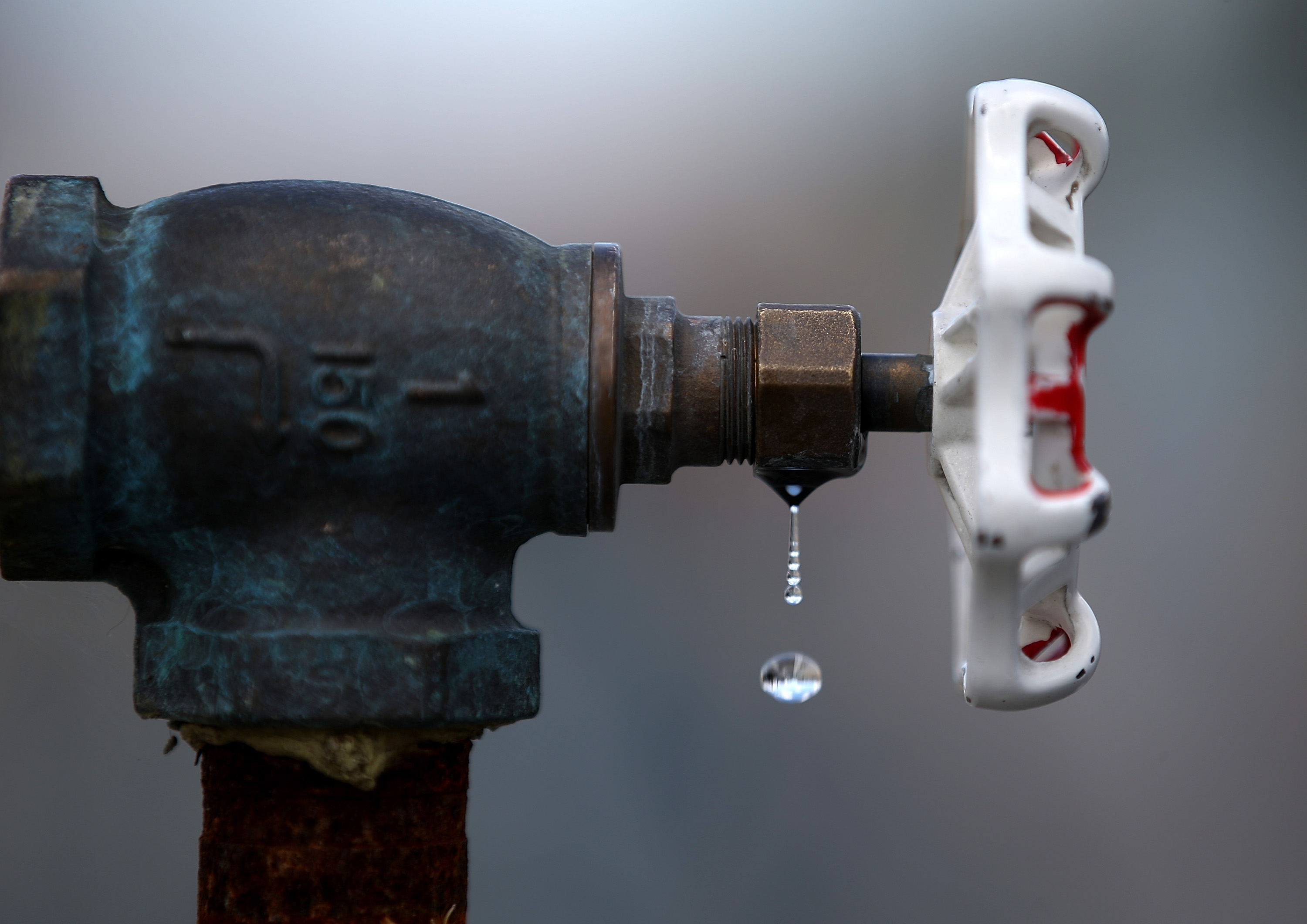Typically, leaders call for a state of emergency for natural disasters. Hurricanes, earthquakes and floods get the all hands on deck treatment, which unlocks state and federal resources to tackle problems impacting citizens. But in Flint, Michigan, the current state emergency is much more personal.
“The city of Flint has experienced a manmade disaster,” Flint mayor Karen W. Weaver wrote in her declaration of a state of emergency for her city and surrounding Genesee county. That disaster: Water with so much lead that the number of children with elevated blood lead levels has doubled since 2013.
Before April 2014, Flint—whose population is 56.6 percent Black—drew its purified water from nearby Detroit. But after Detroit’s bankruptcy caused a spike in water prices, Flint’s water started coming from 40-year-old pipes that pull water from the Flint River—which researchers have proved is five times more corrosive than other bodies of water in the area.
And it’s impacting Flint’s children. A September study from the Hurley Medical Center found that of the 1,746 Flint children under the age of five who were tested, 4 percent had elevated blood lead levels (above 5 ug/dL), versus 2.1 percent before the water source was switched. In the nearby non-Flint children who were tested as a control group, just 1 percent had elevated levels. Even below 5 ug/dL, the National Institutes of Health says lead exposure causes decreased IQ and attention-related behavioral problems in children. In adults, it can cause decreased kidney function and underweight babies. Above that blood lead level, kids can suffer slow growth, delayed puberty, decreased hearing and pronounced cognitive delays. And the World Health Organization says those effects are irreversible.
Weaver’s declaration of emergency comes a month after citizens filed a federal class action suit against the city, state, governor and other officials for swapping out their clean water for a “cheaper alternative that was known to be highly toxic.” On Monday (December 14), the mayor asked the city council to immediately address the declaration. She linked the lead to a projected increase in the need for special education and mental health services, and a jump in the number of children entering the juvenile justice and foster care systems.
Unfortunately, this is not an uncommon issue. The United Nations found that in the United States, people of color are disproportionately impacted by a lack of access to safe drinking water.
The full resolution appears in the tweet below.
Flint Mayor declares state of emergency pic.twitter.com/8cpSduQ6Sq
— Dave Bondy (@DaveBondyTV) December 15, 2015
(H/t ThinkProgress, MLive)
